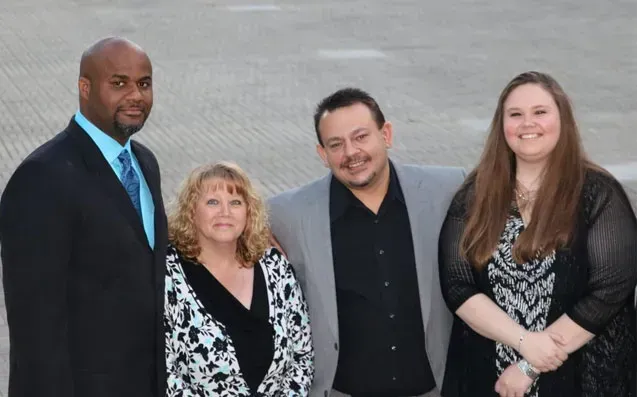

FINDING PEACE, EMPOWERING CHANGE
Our mission is to empower individuals and families to change their lives through the highest quality counseling and education.
Your Source for High-Quality Mental Health Care

Meet The DaySpring Team
DaySpring Counseling Center Inc., Dunbar WV

Manage Your Expectations
“Make a foul shot!” I yelled at the television screen as my favorite college basketball team clanked another free throw off the rim. My team was not meeting my expectations. “What’s hard about shooting 70% from the line?” as another shot hit the rim so hard I was convinced the backboard was going to break…

COUNSELING SERVICES

EDUCATION & TRAINING

